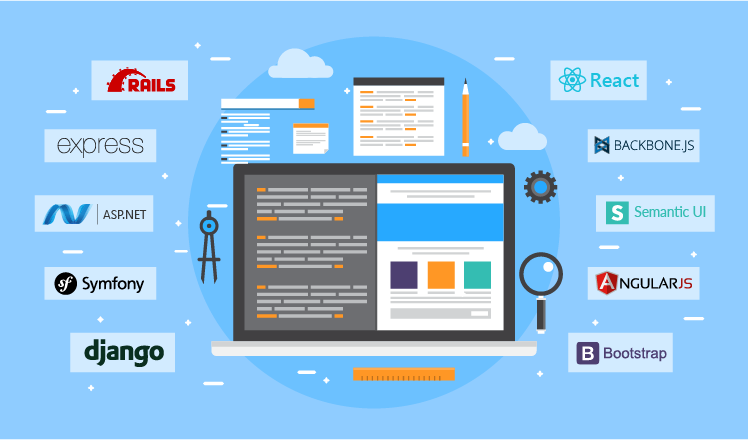Node.js
Node.js is an open-source, cross-platform, Javascript run time environment that executes Javascript code outside the browser. Node.js was first introduced in 27th May 2009 by Ryan Dhal.
NPM ( Node Package Manager )
The idea of package manager is a set of publicly available, reusable components available through easy installation via an online repository, with version and dependency management.
The module ecosystem is open to all, and anyone can publish their own module that will be listed in the npm repository.
Useful npm modules
- express ( Express.js ) : Inspired web development framework for Node.js and the standard for the majority of Node.js applications today.
- hapi : Central framework for building web and services applications.
- connect : Connect is an extensible HTTP server framework for Node.js, providing a collection of high performance plugins known as middle ware. Serves as a base foundation for Express.
- socket.io and sockjs : Server-side component of the two most common web sockets components out there.
- pug : Template engine, inspired by HAML, adefault on Express.js.
- mongodb and mongojs : MongoDB wrappers to provide the API for MongoDB object database in Node.js.
- redis : Redis client library.
- lodash : The JavaScript utility belt. Underscore initiated the game, but got overthrown by one of its two counterparts, mainly due to better performance and modular implementation.
- forever : The most common utility for ensuring that a given node script runs continuously. Keeps your Node.js process up in production in the face of any unexpected failures.
- bluebird : A full featured Promises/A+ implementation with exceptionally good performance.
- moment : A JavaScript date library for parsing, validating, manipulating, and formatting dates.
Where Node.js can use? Examples :
- Chat applications
- API on top of an object DB
- Queued inputs
- Data streaming
- Proxy
- Brokerage
- Application Monitoring Dashboards
- System Monitoring Dashboards





No comments:
Post a Comment